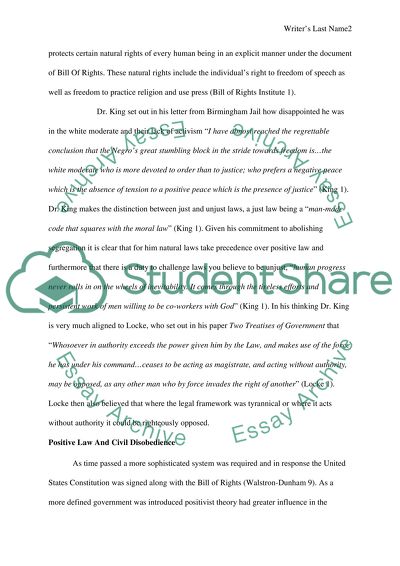Cite this document
(“Civil Disobedience And Law Essay Example | Topics and Well Written Essays - 1750 words”, n.d.)
Retrieved from https://studentshare.org/law/1670267-civil-disobedience-and-law
Retrieved from https://studentshare.org/law/1670267-civil-disobedience-and-law
(Civil Disobedience And Law Essay Example | Topics and Well Written Essays - 1750 Words)
https://studentshare.org/law/1670267-civil-disobedience-and-law.
https://studentshare.org/law/1670267-civil-disobedience-and-law.
“Civil Disobedience And Law Essay Example | Topics and Well Written Essays - 1750 Words”, n.d. https://studentshare.org/law/1670267-civil-disobedience-and-law.


